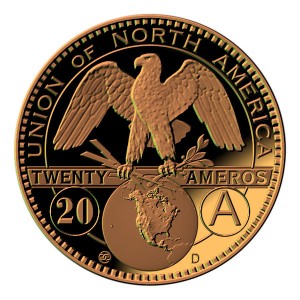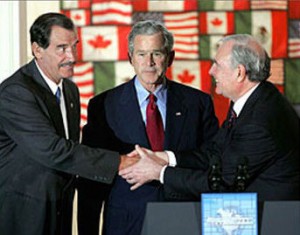
In the world of publicly traded corporations, if one company finds itself failing to appeal to investors by creating natural growth – by adding value in the marketplace and continuously reducing its cost of operations, there is a short-term fix: Mergers and acquisition.
Wall Street loves merger and acquisition activity. There is speculative buzz over “synergies” and “diversification.” Stock prices jump, and shareholders reap short term rewards.
Further, when a company in a sector of industry finds its competitors on an M&A spree, there is often pressure to join in, lest they be left behind. The competition is growing faster, their presence on the stage has been enhanced; they are attracting investment.
But if the company was failing to increase their value naturally in the marketplace prior to engaging in M&A activity, the underlying systemic weaknesses will not been fixed by merger and acquisition.
In fact, these structural weaknesses are compounded as the company attempts to integrate the disparate business systems, practices, and cultures of the organizations. Through forced growth, the acquiring company has further taxed its already troubled core operation system. Administrative costs begin to outpace growth in sales. The system begins to collapse upon itself. As the company struggles and its stock price once again declines, the quick fix solution is found in selling, or spinning off, companies that were previously acquired.
It is often revealed, then, that M&A activity is a shell game designed to prop up an underperforming company’s image in the market, hiding their ineffectiveness while encouraging investment in their operations.
The international currency markets are a speculative in their nature. What makes one fiat currency more valuable than another? Economic strength, military strength, and national credibility on the world stage are some the drivers of strength in currency.
The United States and its Federal Reserve System have benefited for decades as issuer of the worlds reserve fiat money. A once great productive economy, coupled with our status as the worlds largest market, US military superpower status, and even our image as a champion of freedom on the world stage has propped up the dollar and the US government.
Inevitably, this power to print fiat money, accepted around the world, would lead to accelerating destructive inflationary policy. And the Federal Reserve has not disappointed. What are the results?
Like Aesop’s Goose, the vast natural resources and creative force of US industry produced golden eggs in the form of productivity and an ever expanding economy. And the Federal Reserve, not unlike the farmer, has slaughtered the goose to get the rewards, wiping out productivity with inflation. Consumption based on debt has diminished our status as the world’s largest market. Our military might, imposed on the rest of the world through imperialism and interventionism, is increasingly viewed with scorn. Our image as a champion of freedom, while installing and supporting dictatorships that are puppets to the Empire; while our government destroys liberty at home at an unprecedented rate, is revealed as hypocrisy.
Enter the European Union, a merger on a grand scale. Suddenly, a competing fiat currency has gained esteem by increasing its base of operations: The productivity that it relies on, the expanded base of taxation that it acquired. The Euro has stolen the thunder from the US dollar, and has gained strength on world currency markets.
And now, the dollar is slipping. Oil producing nations seek to disassociate their product from the dollar. A mercantilist US government responds in desperation by placing military and political pressure on their regimes, and worse yet, by printing more of the declining currency and sending it to them to buy their support.
The US government and its central bank are desperate to prop up the value of their fiat currency. Without the dollar’s perceived value, the world will not accept it and finance the government’s debt. They have destroyed the very foundation of its prestige.
The pressure is on, others are propping up the value of their currency through mergers. Isn’t it the US Governments turn to get in on the action?
The Federal Reserve System is the master of all shell games, ever generating new schemes to inflate the currency and expand government. Is it foolish or conspiratorial to think the merger tool is not in their bag of tricks?
The natural course of action would be to expand its base of operations through merger and acquisition. A North American Union would add people and industry (read: A much larger tax base from which to sop up productivity) and a larger regional influence to the fiat money. Speculators would see the larger asset base as representing value. The counterfeiters would buy more time for their useless paper.
Viewed from this perspective, one can see where a North American Union, and an “Amero” replacing the dollar would not only be beneficial to the central bank, but may be their only conceivable course of action to save themselves. Consider this when you read mainstream media reports that this is all a conspiracy.
If the American people ever allow private banks to control the issue of their currency, first by inflation then by deflation, the banks and the corporations will grow up around them, will deprive the people of all property until their children wake up homeless on the continent their fathers conquered. The issuing power should be taken from the banks and restored to the people, to whom it properly belongs. – Thomas Jefferson
